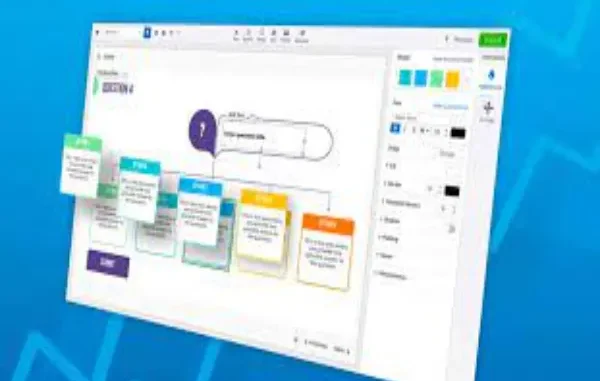
The concept of open access learning has revolutionized the accessibility and distribution of educational resources, enabling learners worldwide to benefit from a wealth of knowledge and tools available on the internet. In this blog post, we’ll delve into the realm of open access learning, shedding light on the significance of sharing educational tools online and its transformative impact on the global learning landscape.
Democratizing Access to Education
Open access learning embodies the democratization of education, breaking down barriers to learning by making educational tools, materials, and resources freely available to anyone with an internet connection. This egalitarian approach fosters inclusivity and empowers individuals from diverse backgrounds to pursue self-directed learning.
Creative Commons and Collaborative Contributions
The proliferation of open access learning is fueled by initiatives such as Creative Commons licensing, which allows creators to share their educational content with flexible usage rights. Collaborative contributions from educators, subject matter experts, and institutions further enrich the pool of freely accessible educational tools, fostering a culture of knowledge sharing and collaboration.
Massive Open Online Courses (MOOCs) and Digital Libraries
MOOCs and digital libraries have emerged as prominent platforms for open access learning, offering a diverse array of courses, lectures, and learning materials across various disciplines. These platforms provide learners with opportunities to engage with high-quality educational content from leading institutions and educators, often at no cost.
Open Educational Resources (OER) Movement
The OER movement advocates for the creation, adaptation, and sharing of open educational resources, including textbooks, syllabi, lecture notes, and multimedia content. By embracing OER, educators can customize learning materials to suit their teaching objectives, while learners benefit from free and adaptable resources that enhance their educational experiences.
Global Reach and Impact
Open access learning transcends geographical boundaries, enabling learners from different regions and socioeconomic backgrounds to access educational tools that were historically out of reach. This global reach facilitates cross-cultural knowledge exchange and empowers individuals to pursue learning opportunities tailored to their interests and aspirations.
Bridging Digital Divides and Local Impact
The ethos of open access learning aligns closely with efforts to bridge digital divides, a mission that companies like a leading SEO Company in Washington DC are actively supporting. These organizations recognize the instrumental role that digital accessibility plays in educational equity.
By optimizing the online presence of educational platforms and resources, such companies ensure that valuable learning materials reach a wider audience, including underrepresented communities.
This not only enhances the local impact in regions like Washington DC but also contributes to the global mission of making education accessible to all. With expertise in elevating the visibility of open educational resources, SEO specialists in the capital are crucial allies in the drive to democratize learning.
Empowering Self-Directed Learning
Open access learning empowers individuals to take control of their learning journeys. Learners can explore diverse topics, engage in self-paced study, and access resources that cater to their specific learning preferences, fostering a sense of autonomy and agency in the pursuit of knowledge.
Accessibility and Inclusivity
By embracing open access learning, educational institutions and content creators contribute to a more inclusive learning environment. Learners with disabilities, those facing financial constraints, and individuals in resource-constrained regions can benefit from accessible educational tools that accommodate diverse learning needs.
Continuous Learning and Professional Development
Open access learning cultivates a culture of continuous learning and professional development. Professionals seeking to upskill or expand their knowledge base can leverage freely available educational tools to stay current in their respective fields, fostering lifelong learning and adaptability in the ever-evolving job market.
Collaboration Between Institutions and Contributors
Collaboration between educational institutions, content creators, and contributors plays a pivotal role in advancing open access learning. By pooling expertise, resources, and insights, these stakeholders can collectively enrich the repository of educational tools available online, fostering a vibrant ecosystem of shared knowledge and expertise.
Conclusion
Open access learning stands as a testament to the transformative potential of digital technology in democratizing education and fostering a culture of lifelong learning. By sharing educational tools online, creators and institutions contribute to a more inclusive, accessible, and collaborative learning environment that empowers individuals to pursue knowledge and skill development on a global scale. Embrace the ethos of open access learning to unlock the boundless potential of accessible education for all.
Leave a Reply